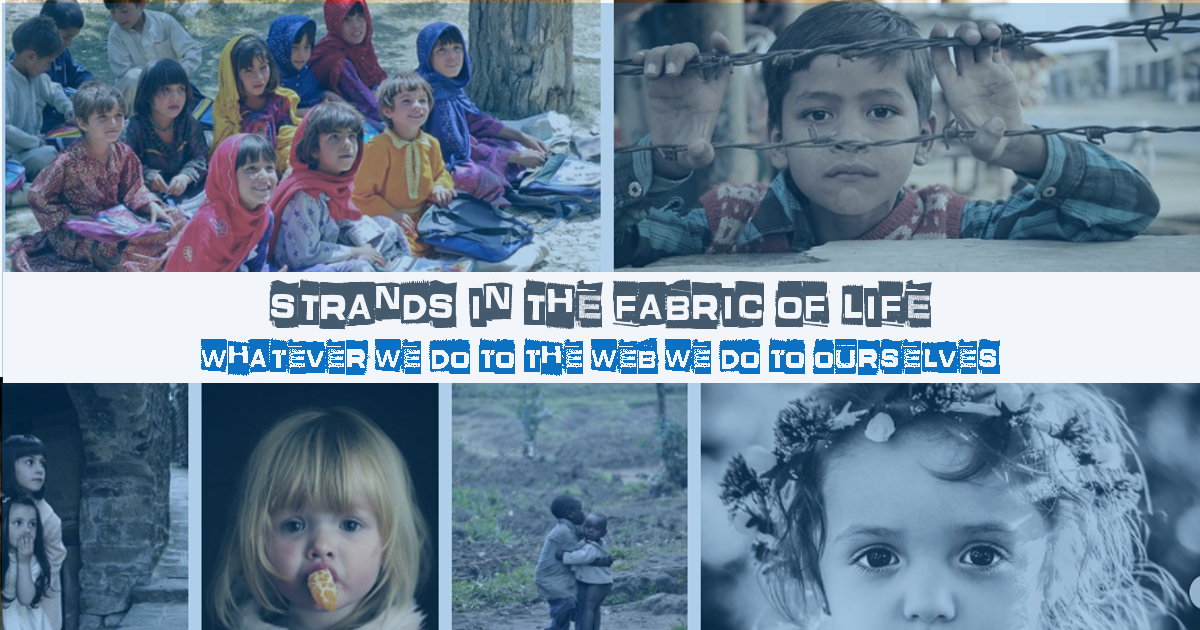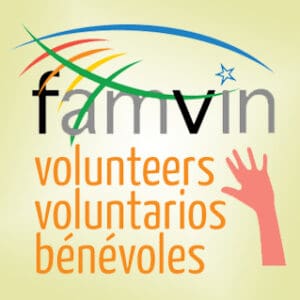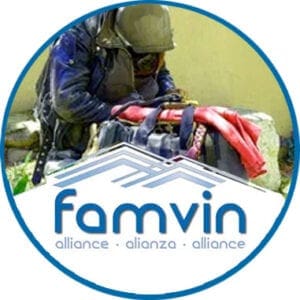[September 13, 2017] Thank you very much for the invitation to be with you today at this prayer breakfast. We are at an incredible moment in the history of humanity and our treatment of our children.

Address at the United Nations Interfaith Prayer Breakfast
As people of faith we are compelled to look to our faiths to frame our response. Even as different as our faith traditions are, when it comes to this issue, there is not only no disagreement, there is a common mandate. Just look at a few of the mandates of our faith traditions.
From the Qur’an “Those who act kindly in this world will have kindness.” From the Shinto tradition “Those who do not abandon mercy will not be abandoned by me.” From Judaism “The world stands upon three things: upon the Law, upon worship, and upon showing kindness.” The Hindu faith in Vacana 247 tells us “What sort of religion can it be without compassion? You need to show compassion to all living beings. Compassion is the root of all religious faiths.” And from the New Testament “Bear one another’s burdens, and so fulfill the law of Christ.” From Sikhism “Without selfless service are no objectives fulfilled; in service lives the purest action.” The Book of Mormon tells us clearly “I tell you these things that you may learn wisdom; that you may learn that when you are in the service of your fellow beings you are only in the service of your God.” The followers of Islam know this admonition “The believer who participates in human life, exposing himself to its torments and suffering is worth more than the one who distances himself from its suffering.” And finally from Hinduism “He who gives liberally goes straight to the gods; and on a high ridge of Heaven he stands exalted.”
These and many other faith traditions we claim compel us to cry out on behalf of the 2.1 million children living with HIV and only 43 percent of them receiving the treatment necessary to keep them alive. The thousands of infants born each year with HIV, one-third of whom will be dead before their first birthday. HIV remains the seventh leading cause of death in children between ten and fourteen years of age.
The intolerable tragedy is that we have the ability to prevent maternal infant transmission, many of us have seen programs in some of the most challenged countries on earth where the success rate for preventing maternal infant transmission is 99.9 percent and done at a cost of about two hundred and thirty-three dollars per mother and infant. The ancillary benefits these programs bring to the whole family with nutrition education, water filters, mosquito nets are uncountable. Importantly, they also affirm our claim that these lives created by God are so incredibly valuable.
So many of us have seen programs for children, adolescents and adults that combine anti-retroviral therapy with programs such as nutrition and microfinance that have transformed HIV-infected, malnourished and shamed children, adolescents and adults into successful students and self-confident community leaders.
We are not facing a disease that is not preventable or untreatable or even one that is inordinately expensive or that we must transport patients to more developed countries to treat.
We are facing a disease that can often be prevented and that is treatable and yet in 2016 there were 160,000 new child infections and 330 children died each day of AIDS-related diseases.
It is hard not to be discouraged when we look at the fact that in 2016 the U.N. issued a political declaration on ending AIDS. This declaration was very encouraging in its goals, especially its commitment to providing the 1.6 million children zero to fourteen years of age with anti-retroviral therapy by 2018.
This is a goal worthy of a body as distinguished as the United Nations. However, as we approach two thousand eighteen the rate of increased coverage has fallen and there is serious doubt we can reach this worthy goal. We come here today not to criticize or blame but to offer help and encouragement as well as to share the urgency and moral imperative of this issue.
The United Nations is the perfect organization to lead this initiative and to monitor its progress. As Kofi Annan, the seventh Secretary General of the United Nations said “In the twenty-first century, I believe that the mission of the United Nations will be defined by a new, more profound awareness of the sanctity and dignity of every human life, regardless of race, political creed or religion.
We are talking about unborn infants, little children and adolescents all of whom have inherent vulnerabilities especially when they live in underdeveloped countries. Add to this a disease that shames and kills and our hearts have to be driven to compassionate action. As Tensin Gyatso the fourteenth Dali Lama said “Compassion to the poor and marginalized reflects the essence of our humanity. Compassion is not a luxury—it is essential for peace in this world. It is essential for human survival.”
We are literally talking about survival. The survival of children which depends on effective action by the nations of the world. What more noble purpose could United Nations be united around. Think of the words of its second Secretary General Dag Hammarskjold “The United Nations wasn’t created to make paradise on earth—but rather to save humanity from creating hell on earth.”
Being a child with untreated HIV is hell on earth. We are here today as faith leaders, politicians and members of NGOs, health providers and many other groups who share a hope and faith in the power of the United Nations and its member nations. We will soon be asked to dialogue about this, to use our experience and insights but most of all, our love and commitment to the dignity of the lives of these children to help reaffirm the will to care effectively for them, to refuse to let anything undermine our commitment to them.
Most importantly we come to share the strength of our faith, a faith that is so clear about the dignity of children and the love our God has for each one of them. As the great Indian Chief Seattle pointed out “Our God is the one God that we share. We did not weave this web of life which we share—He did. We are merely strands in the fabric of life — whatever we do to the web we do to ourselves. Let us take care of this web—and the circle that connects us all for what we do to others we ultimately do to our own.”
May God bless us in our efforts to care for his children.





0 Comments